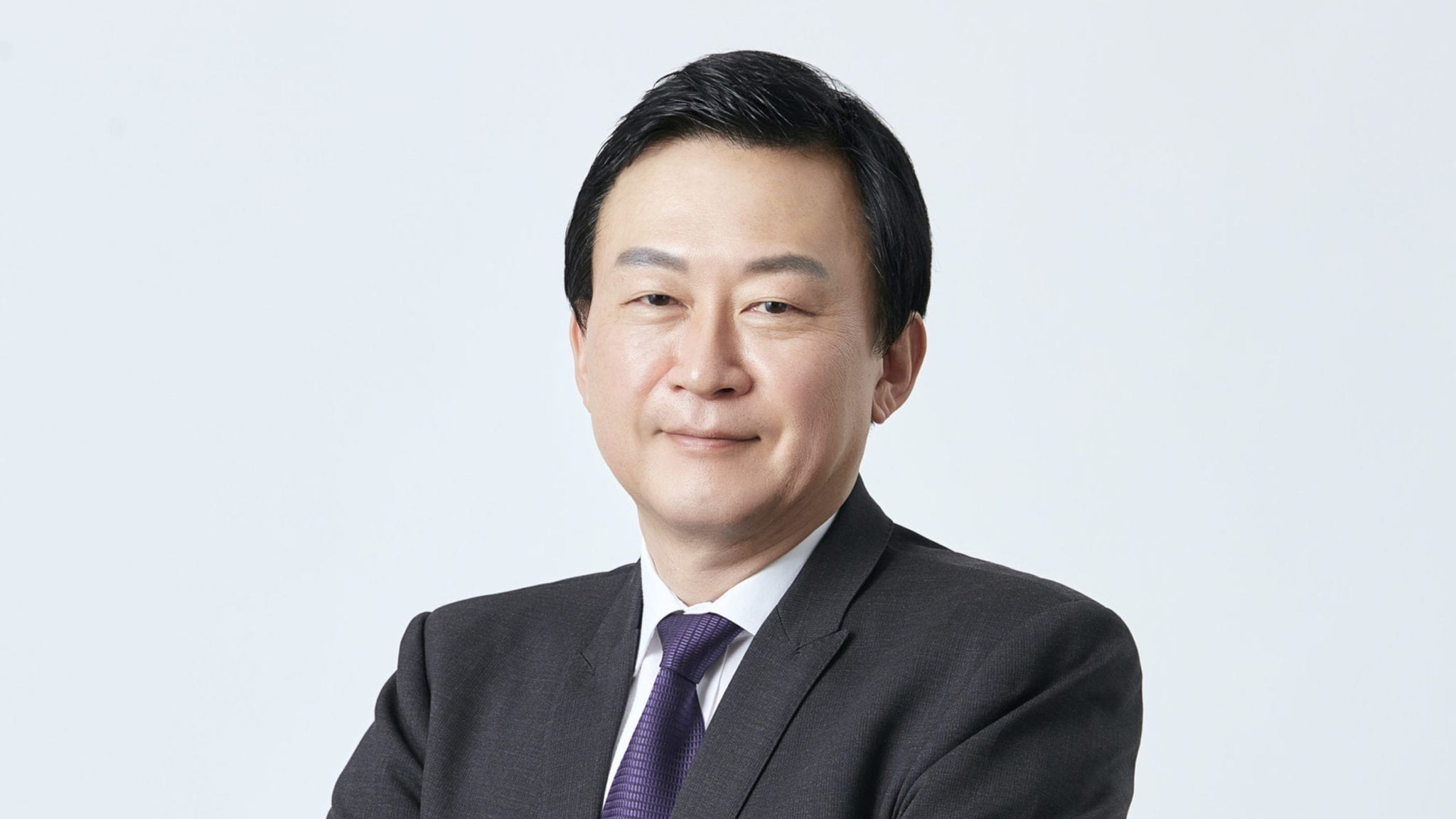
John Rim, Samsung Biologics CEO
Samsung Biologics to kick off $1.5B+ plant construction in South Korea
The CDMO giant Samsung Biologics will be starting the construction of its manufacturing plant at the Songdo site in South Korea.
Samsung announced today that …
Sign up to read this article for free.
Get free access to a limited number of articles, plus choose newsletters to get straight to your inbox.